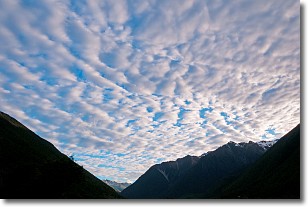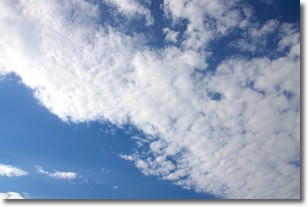Weather Alert in Michigan
Air Quality Alert issued July 14 at 12:35PM EDT by NWS Detroit/Pontiac MI
AREAS AFFECTED: St. Clair; Livingston; Oakland; Macomb; Washtenaw; Wayne; Monroe
DESCRIPTION: The Michigan Department of Environment, Great Lakes, and Energy has declared an Air Quality Advisory for Tuesday, July 15th for elevated levels of ozone in portions of southeast Michigan. Pollutants within those areas are expected to be in the Unhealthy for Sensitive Groups (Orange AQI) range. The Advisory is in effect for the following Michigan counties... St. Clair...Livingston...Oakland...Macomb...Washtenaw...Wayne and Monroe. The Air Quality Alert remains in effect through Midnight tonight, July 14th, for elevated levels of fine particulate (PM2.5) due to wildfire smoke from Canada. Pollutants across the state are expected to reach the Unhealthy (Red AQI) to USG (Orange AQI) range in northern locations, with ranges of USG to Moderate further south. The Air Quality Alert today is statewide. It is recommended that, when possible, you avoid strenuous outdoor activities, especially those with heart disease and respiratory diseases such as asthma. Recommendations to reduce pollution and potential health effects: PM2.5: Reduce or eliminate outdoor burning, and the use of residential wood burning devices, Keep windows closed overnight to prevent smoke from getting indoors and, if possible, run central air conditioning with MERV-13 or higher rated filters. Ozone: Using gas-powered lawn equipment, driving less or delaying and/or combing errands, refueling vehicles or topping off when refueling. For further information, please see EPAs Air Now site for up-to-date air quality data: https://www.airnow.gov/ For further health information, please see MDHHS Wildfire Smoke and Your Health site: https://www.michigan.gov/mdhhs/safety-injury-prev/environmental-health/ your-health-and-wildfire-smoke
INSTRUCTION: N/A
Want more detail? Get the Complete 7 Day and Night Detailed Forecast!
Current U.S. National Radar--Current
The Current National Weather Radar is shown below with a UTC Time (subtract 5 hours from UTC to get Eastern Time).

National Weather Forecast--Current
The Current National Weather Forecast and National Weather Map are shown below.

National Weather Forecast for Tomorrow
Tomorrow National Weather Forecast and Tomorrow National Weather Map are show below.

North America Water Vapor (Moisture)
This map shows recent moisture content over North America. Bright and colored areas show high moisture (ie, clouds); brown indicates very little moisture present; black indicates no moisture.

Weather Topic: What are Stratus Clouds?
Home - Education - Cloud Types - Stratus Clouds
 Next Topic: Wall Clouds
Next Topic: Wall Clouds
Stratus clouds are similar to altostratus clouds, but form at a
lower altitude and are identified by their fog-like appearance, lacking the
distinguishing features of most clouds.
Stratus clouds are wider than most clouds, and their base has a smooth, uniform
look which is lighter in color than a nimbostratus cloud.
The presence of a stratus cloud indicates the possibility of minor precipitation,
such as drizzle, but heavier precipitation does not typically arrive in the form
of a stratus cloud.
Next Topic: Wall Clouds
Weather Topic: What are Altocumulus Clouds?
Home - Education - Cloud Types - Altocumulus Clouds
 Next Topic: Altostratus Clouds
Next Topic: Altostratus Clouds
Similar to cirrocumulus clouds, altocumulus clouds are
characterized by cloud patches. They are distinguished by larger cloudlets
than cirrocumulus clouds but are still smaller than stratocumulus clouds.
Altocumulus clouds most commonly form in middle altitudes (between 2 and 5 km)
and may resemble, at times, the shape of a flying saucer.
These uncommon formations, called altocumulus lenticularis, are created by uplift
in the atmosphere and are most often seen in close proximity to mountains.
Next Topic: Altostratus Clouds
Current conditions powered by WeatherAPI.com




